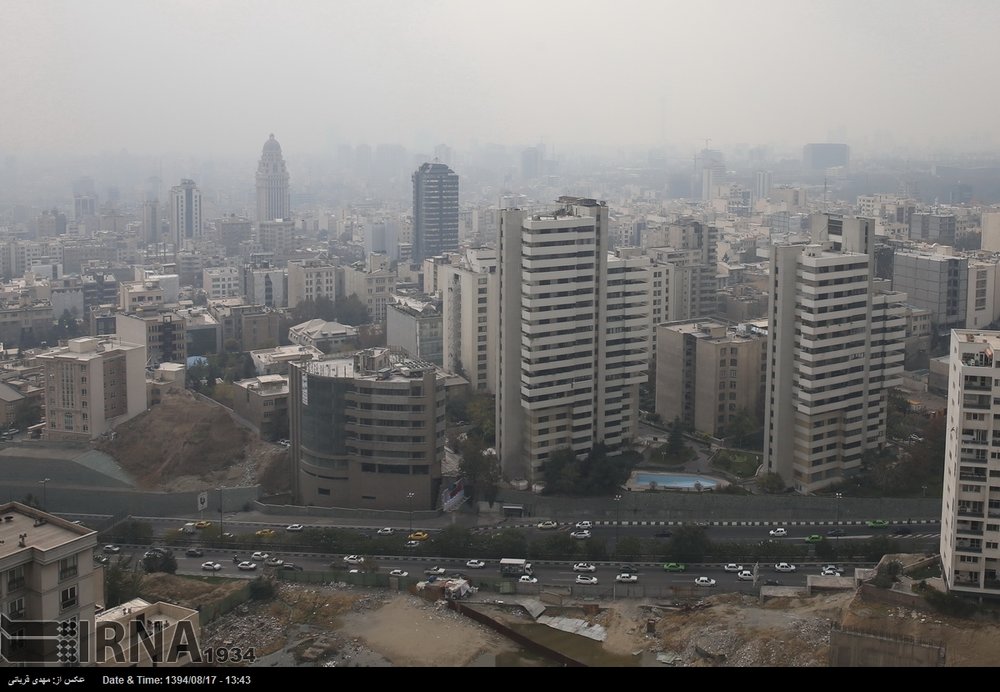‘Diesel particulate filter best option to cut PM 2.5’

TEHRAN — Installation of diesel particulate filter on vehicles is one of the best and cost-efficient measures to reduce small particulate matter of 2.5 microns or less in diameter (PM2.5) in metropolises, Masoud Zandi, head of the national center for air quality and climate change, has said.
A diesel particulate filter is a filter that captures and stores exhaust soot (some refer to them as soot traps) in order to reduce emissions from diesel cars.
Renovating public transport has been put off due to budget deficiency and sharp increases of prices and currently retrofitting polluting old buses with diesel particulate filter is a cost-effective measure to quickly slash particulate emissions.
According to World Health Organization (WHO) ambient (outdoor) air pollution in both cities and rural areas was estimated to cause 4.2 million premature deaths worldwide per year in 2016; this mortality is due to exposure to PM2.5, which cause cardiovascular and respiratory disease, and cancers.
Based on a statute passed by the cabinet has made diesel particulate filter mandatory so that all in-use vehicles in 8 metropolises of Iran must be equipped with the filters and new models should already have the filter, YJC quoted Zandi as saying on Saturday.
The diesel particulate filters used to cost some 250 to 300 million rials (nearly between $6,000 and $7,000) but now the prices have climbed to 800 million rials (nearly $19,000), he regretted.
However, renovating the old and scanty public transport is much costlier, for instance a gas-powered bus costs some 14 billion rials (nearly $333,000) and as some 202 buses should be scraped already the prices will skyrocket, he explained.
Air pollution is a major environmental risk to health. By reducing air pollution levels, countries can reduce the burden of disease from stroke, heart disease, lung cancer, and both chronic and acute respiratory diseases, including asthma.
Tehraners have experienced a fortnight of clean air quality since the beginning of the current Iranian calendar year (started March 21). Furthermore some 224 days of good air quality, and 43 days of slightly polluted air quality for sensitive groups were reported in this period.
MQ/MG
